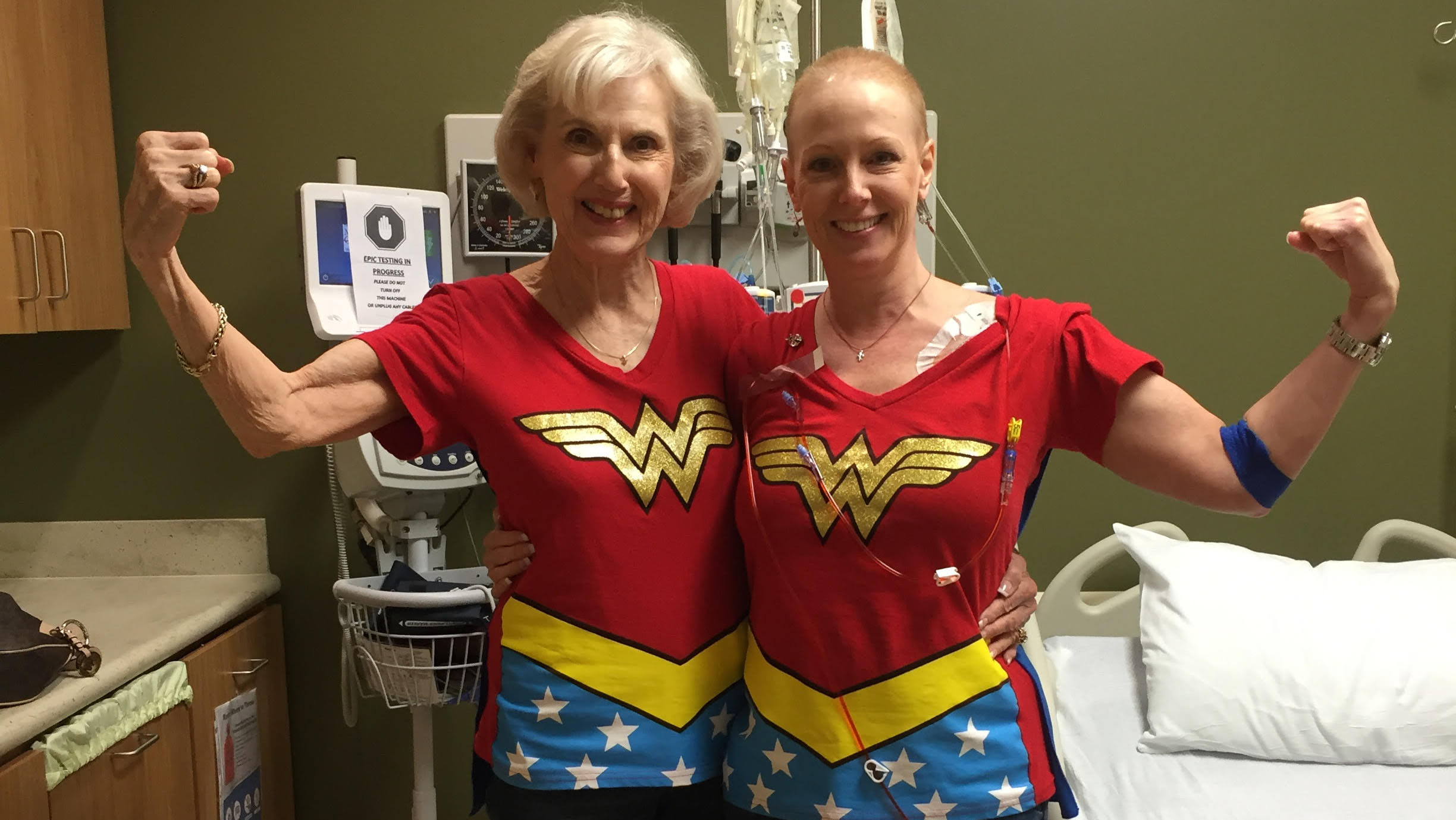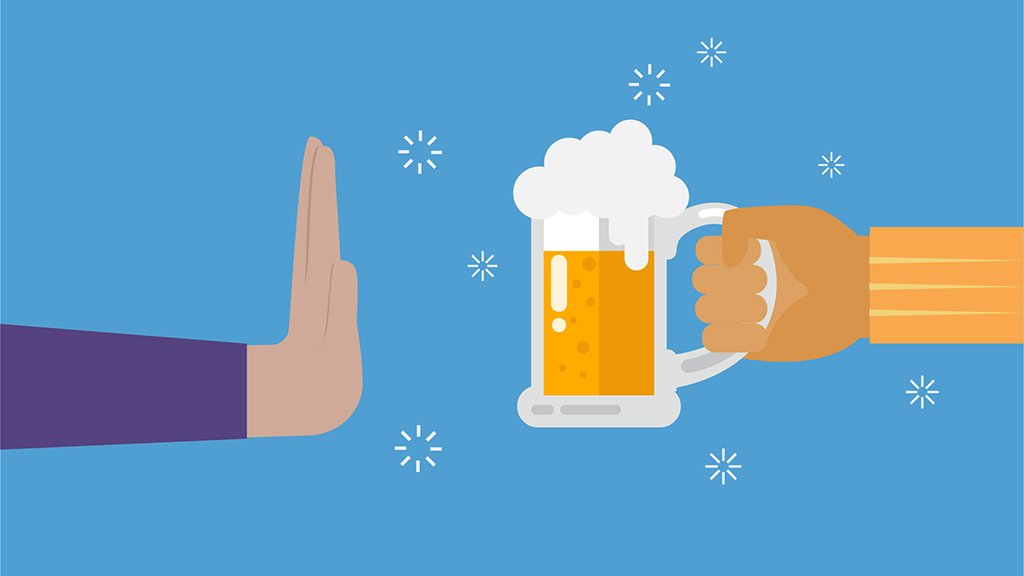- Diseases
- Acoustic Neuroma (16)
- Adrenal Gland Tumor (24)
- Anal Cancer (70)
- Anemia (2)
- Appendix Cancer (18)
- Bile Duct Cancer (26)
- Bladder Cancer (74)
- Brain Metastases (28)
- Brain Tumor (234)
- Breast Cancer (726)
- Breast Implant-Associated Anaplastic Large Cell Lymphoma (2)
- Cancer of Unknown Primary (4)
- Carcinoid Tumor (8)
- Cervical Cancer (164)
- Colon Cancer (168)
- Colorectal Cancer (118)
- Endocrine Tumor (4)
- Esophageal Cancer (44)
- Eye Cancer (36)
- Fallopian Tube Cancer (8)
- Germ Cell Tumor (4)
- Gestational Trophoblastic Disease (2)
- Head and Neck Cancer (14)
- Kidney Cancer (130)
- Leukemia (342)
- Liver Cancer (50)
- Lung Cancer (286)
- Lymphoma (278)
- Mesothelioma (14)
- Metastasis (30)
- Multiple Myeloma (100)
- Myelodysplastic Syndrome (60)
- Myeloproliferative Neoplasm (6)
- Neuroendocrine Tumors (16)
- Oral Cancer (102)
- Ovarian Cancer (178)
- Pancreatic Cancer (160)
- Parathyroid Disease (2)
- Penile Cancer (14)
- Pituitary Tumor (6)
- Prostate Cancer (150)
- Rectal Cancer (58)
- Renal Medullary Carcinoma (6)
- Salivary Gland Cancer (14)
- Sarcoma (238)
- Skin Cancer (300)
- Skull Base Tumors (56)
- Spinal Tumor (12)
- Stomach Cancer (66)
- Testicular Cancer (28)
- Throat Cancer (92)
- Thymoma (6)
- Thyroid Cancer (100)
- Tonsil Cancer (30)
- Uterine Cancer (86)
- Vaginal Cancer (18)
- Vulvar Cancer (22)
- Cancer Topic
- Adolescent and Young Adult Cancer Issues (22)
- Advance Care Planning (12)
- Biostatistics (2)
- Blood Donation (18)
- Bone Health (8)
- COVID-19 (360)
- Cancer Recurrence (120)
- Childhood Cancer Issues (120)
- Clinical Trials (628)
- Complementary Integrative Medicine (22)
- Cytogenetics (2)
- DNA Methylation (4)
- Diagnosis (238)
- Epigenetics (6)
- Fertility (62)
- Follow-up Guidelines (2)
- Health Disparities (14)
- Hereditary Cancer Syndromes (128)
- Immunology (18)
- Li-Fraumeni Syndrome (8)
- Mental Health (122)
- Molecular Diagnostics (8)
- Pain Management (62)
- Palliative Care (8)
- Pathology (10)
- Physical Therapy (18)
- Pregnancy (18)
- Prevention (936)
- Research (390)
- Second Opinion (78)
- Sexuality (16)
- Side Effects (616)
- Sleep Disorders (10)
- Stem Cell Transplantation Cellular Therapy (216)
- Support (408)
- Survivorship (328)
- Symptoms (182)
- Treatment (1788)
What to expect on your first day of chemotherapy
3 minute read | Published March 08, 2013
Medically Reviewed | Last reviewed by an MD Anderson Cancer Center medical professional on March 08, 2013
Chemotherapy. It's not a word people want to hear and certainly not something they want to go through. But, for those of us with cancer, we often don't have a choice.
I remember how terrified I was of getting my first chemotherapy treatment.
Would I be sick? Would I have a reaction to the medication? Would I be in a room by myself or with other chemo patients?
I really didn't know what to expect the first day. However, almost 4 years later, I feel like a pro.
Preparing for chemotherapy
First, you may be told to show up a couple of hours early to get blood work drawn. This is to make sure you're able to get your chemotherapy treatment.
It can be a pain, but, believe me, it's in your best interest.
Use the extra time to relax before you go to your chemotherapy appointment.
When you arrive at the infusion floor and they have your lab results and a room available, you'll be called back to have your vital signs taken.
Once you are cleared at the vitals station, you will be taken to your chemotherapy room for your infusion.
At MD Anderson, you will have a TV, Internet access, a bed or a recliner and best of all warm blankets.
They also have food service at lunch and dinner if you're hungry.
At MD Anderson, you're allowed to have one caregiver with you in the infusion room.
Getting started with chemotherapy
Once you're in the infusion suite, the nurse will order your chemotherapy cocktail and any pre-medications that are required from the pharmacy.
It usually takes at least 30 minutes for the drugs to arrive. Some of the pre-medications may be steroids, anti-nausea medications and/or anxiety medications.
Each doctor will send an order to the infusion room telling them what chemotherapy and pre-medications to administer.
In the meantime, your nurse will access your "Power Port" or "Port a Cath," if you have one, or will just start an IV in your arm.
Your nurse will begin with a saline solution through your IV.
As soon as the medications are delivered, your nurse will hang the bags of medication on the IV stand and then start the different IVs.
You'll be given pre-medications first, then the chemotherapy.
What does chemotherapy feel like?
The steroids may give you energy; the allergy drugs and anti-anxiety drugs may make you sleepy.
It's important that you have a caregiver with you to get you to and from chemotherapy the first time, as you don't know how you'll feel after you're done.
The length of time for chemotherapy regimens can range from 5 minutes to 8 or more hours. It all depends on the chemotherapy.
Throughout the chemotherapy, your nurse will come in and check your vitals and make sure you aren't reacting to the medications.
In the meantime, use your infusion time to relax, visit, eat, work, whatever you want to do.
The IV stand will even roll with you in case you want to take a walk or sit outside.
After the chemotherapy is finished, the nurse will "flush" your IV line with saline and then de-access your port or take out your IV.
They may have you wait 30 minutes after the chemotherapy is done to make sure you don't have any reactions to the medications.
At that point, you can go home. Again, depending on your pre-medications and chemotherapy, you may have lots of energy or may feel very sleepy later in the day.
Rachel Midgett is a 41-year-old stage IV breast cancer patient. Her journey started with her trying to get pregnant by IVF (in vitro fertilization). She was about to start round 2 of IVF when she found a cyst on her left breast. The cyst ended up being benign, but underneath the cyst was a 4.5 cm malignant tumor.
She underwent a radical mastectomy of her left breast and started chemotherapy treatments that same week. As devastating as her prognosis may be, she has faith that God will heal her and give her a miracle.
Request an appointment at MD Anderson online or by calling 1-877-632-6789.






